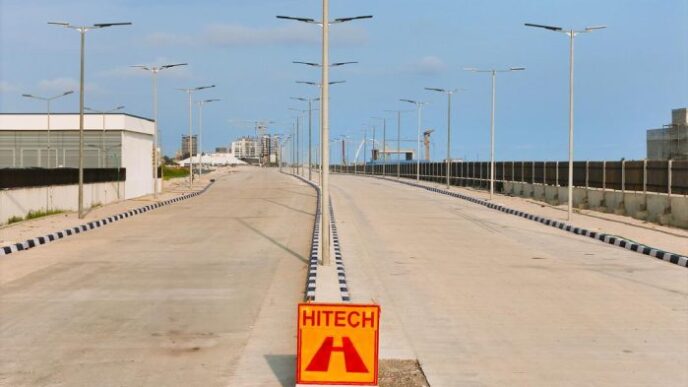In a major step towards judicial digitalisation, the Federal High Court (FHC) has announced the rollout of its electronic filing (e-filing) system in the Lagos Division, which is set to take effect from Monday, June 23, 2025.
EpeInsights reports that this development was disclosed in a circular signed by the Federal High Court Chief Registrar, Sulaiman Amida Hassan, who stated that the court will cease acceptance of manually filed new cases from Friday, June 20, 2025.
The circular clarified that existing cases filed before the commencement date will continue under the manual system until concluded.
To ensure transparency and accuracy in the new process, the court issued a stern warning to legal practitioners, cautioning against the undervaluation of claims or inaccurate documentation, which could distort filing fee calculations.
Any such discrepancies intentional or not will attract a N10,000 penalty per filing, in addition to any outstanding balance.
As part of the e-filing requirements, all legal practitioners must possess an active Legal Mail account.
This has now been made a compulsory prerequisite for submitting electronic filings.
The Federal High Court also mandated Law firms to upload Corporate Affairs Commission (CAC) registration documents when setting up their chambers’ profiles on the platform.
To aid a smooth transition, the court has scheduled a hands-on training programme between June 16 and June 20, 2025. This training will equip lawyers and their staff with the necessary knowledge on how to navigate the system and meet compliance expectations.
The Federal High Court urged all practitioners to embrace the innovation, describing the move as a crucial step in modernising the Nigerian judicial process for improved efficiency, transparency and service delivery.













